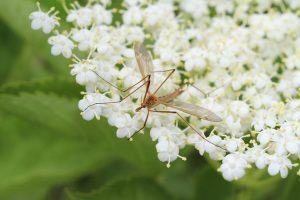Mosquitoes and ticks are significant yard pests that pose health risks and disrupt outdoor activities. Professional pest prevention services offer tailored solutions, including advanced techniques like targeted treatments and barrier sprays, for effective mosquito and tick control. By understanding their habits and habitats, experts develop safe and efficient strategies to minimize bites and disease transmission. Homeowners can also opt for natural solutions, such as essential oils, herbs, and maintenance practices, for chemical-free control methods. Seasonal considerations are crucial for year-round pest prevention, with proactive measures focusing on standing water elimination, yard maintenance, and planting deterrents during warmer months. Future trends include smart sensors, genetic engineering, and enhanced environmental sustainability for safer and more effective mosquito and tick control.
Looking to reclaim your outdoor space from mosquitoes and ticks? This comprehensive guide explores effective mosquito and tick control strategies, empowering you to enjoy your yard year-round. From understanding common pests and their impact on outdoor activities to discovering natural deterrents and chemical-free management options, we provide a robust toolkit for proactive protection. Delve into proven methods, seasonal considerations, DIY tips, and innovative future technologies for comprehensive mosquito and tick control.
Understanding Common Yard Pests: Mosquitoes and Ticks

In many regions, mosquitoes and ticks are among the most prevalent and persistent yard pests. These insects can not only be a nuisance but also pose significant health risks to both humans and pets. Mosquitoes are known vectors for various diseases such as Zika, West Nile, and malaria, while ticks carry and transmit conditions like Lyme disease, Rocky Mountain spotted fever, and anaplasmosis. Implementing effective mosquito and tick control measures is essential for creating a comfortable outdoor living space.
Professional pest prevention services offer tailored solutions to combat these common yard pests. They employ advanced techniques, including targeted treatments, barrier sprays, and seasonal preventive programs, to reduce insect populations and disrupt their breeding cycles. By understanding the habits and habitats of mosquitoes and ticks, these experts can develop strategies that are both safe and effective in minimizing the risk of bites and disease transmission.
The Impact of Mosquitoes on Outdoor Enjoyment

Mosquitoes are more than just a nuisance; they can significantly impact your outdoor enjoyment and overall quality of life. These tiny pests are known carriers of various diseases, including Zika, West Nile, and dengue fever, posing potential health risks to individuals and pets. Beyond the health concerns, mosquitoes can disrupt outdoor activities like gardening, barbecuing, or simply relaxing in your yard, as their buzz and bite can be irritating and distracting.
Effective mosquito and tick control is essential for creating an enjoyable outdoor space. Professional pest prevention services employ targeted strategies to eliminate breeding grounds and reduce populations, ensuring you can fully embrace the beauty of your yard without worry. By addressing these issues proactively, you can reclaim your outdoor haven and savor every moment, free from mosquito-related interruptions.
Tick Control: Protecting Your Family and Pets
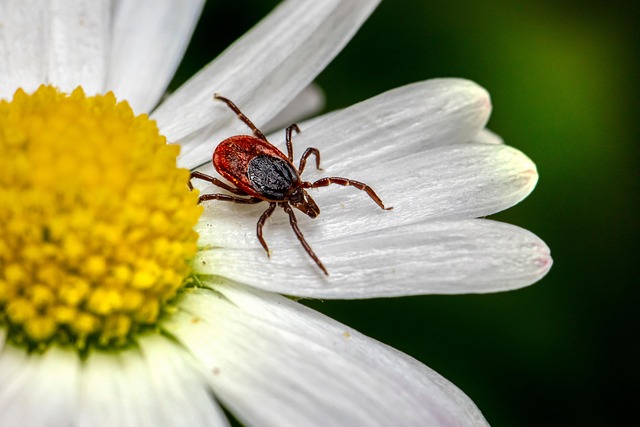
Tick control is an essential aspect of yard pest prevention, especially for families with pets. Ticks are not only a nuisance but can also pose significant health risks to both humans and animals. Professional mosquito and tick control services offer effective solutions to manage and eliminate these pests from your outdoor space.
By implementing tailored strategies, experts ensure the safe and healthy environment of your family and pets. These methods may include targeted treatments, habitat modification, and regular inspections to disrupt tick populations and prevent their proliferation. With these proactive measures, you can enjoy your yard without worrying about unwanted tick bites or the potential transmission of diseases like Lyme disease.
Natural Solutions for Pest Deterrence
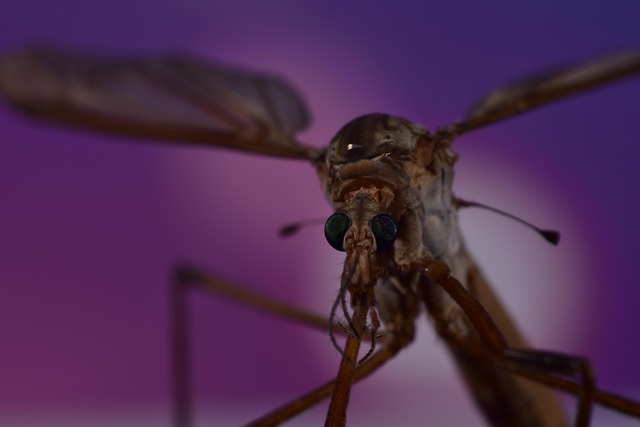
Many homeowners are turning to natural solutions for pest deterrence, especially when it comes to managing mosquitoes and ticks. These pesky insects can carry diseases and cause discomfort, so finding effective yet eco-friendly methods is essential. One popular approach is using essential oils like citronella, lavender, and peppermint, which have been shown to repel mosquitoes naturally. Planting herbs such as basil, rosemary, and marigolds in your yard can also act as a barrier against these pests.
Additionally, maintaining a clean and clutter-free outdoor space is crucial. Regularly removing standing water, where mosquitoes breed, and trimming vegetation to reduce hiding spots can significantly decrease their presence. For tick control, keeping your lawn mowed short and creating a barrier of gravel or wood chips around the perimeter of your property can help prevent these arachnids from entering your yard.
Chemical-Free Mosquito and Tick Management Strategies
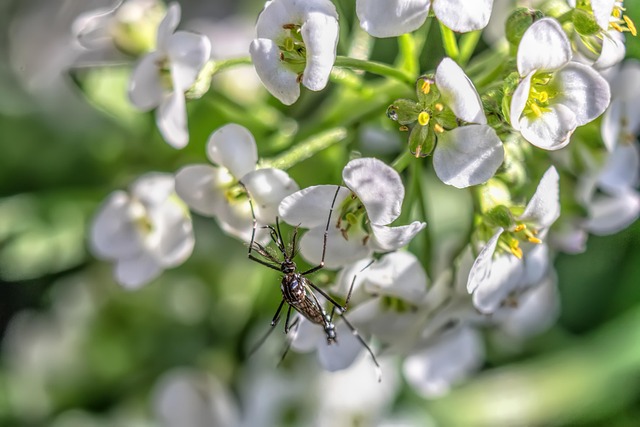
Many homeowners seek effective yet safe methods for mosquito and tick control, especially as chemical-based solutions can raise concerns about environmental impact and human health. Fortunately, there are numerous chemical-free strategies gaining popularity in pest management. One such approach involves leveraging natural predators like birds, bats, and certain insects that feed on mosquitoes. Installing birdhouses, bat boxes, and mosquito-eating fish ponds can create a balanced ecosystem that reduces mosquito populations naturally.
Another effective technique is the strategic placement of plants known for their insect-repelling properties. Citronella, lavender, marigolds, and basil are popular choices for their ability to deter mosquitoes and ticks. Creating an aromatic garden can provide a pleasant outdoor space while acting as a natural barrier against these pests. Additionally, regular cleaning and maintenance, such as emptying birdbaths and removing standing water from containers, are essential preventive measures that disrupt mosquito breeding grounds.
Professional Yard Pest Prevention Services
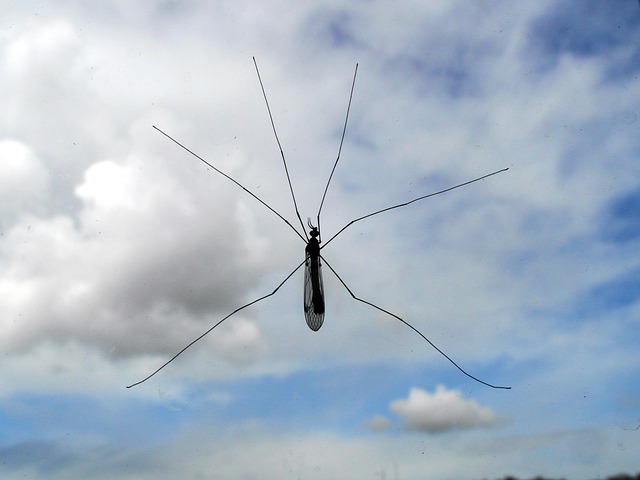
Professional yard pest prevention services are a game-changer for homeowners dealing with persistent insect infestations, especially mosquitoes and ticks. These experts employ advanced strategies to create an impenetrable barrier around your property, ensuring a peaceful outdoor space free from annoying bugs. With tailored treatments, they target specific pests, focusing on areas where mosquitoes and ticks breed, rest, and feed.
By utilizing eco-friendly products and industry-leading technology, professionals offer long-lasting solutions. Regular maintenance visits are scheduled to monitor and address any reemergence, providing year-round protection. This proactive approach not only shields your family and pets from potential diseases carried by mosquitoes and ticks but also contributes to a healthier, more enjoyable outdoor environment.
Seasonal Considerations for Effective Control
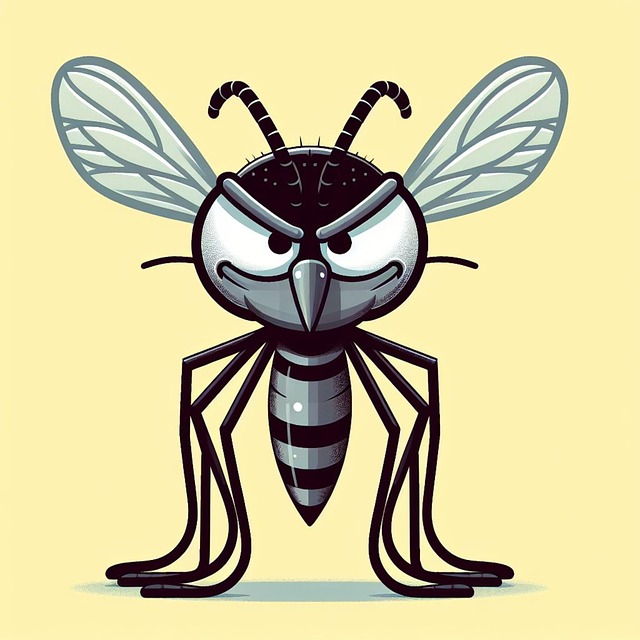
Maintaining a pest-free yard requires year-round effort, but seasonal considerations play a crucial role in effective control. In warmer months, mosquitoes and ticks become more active, necessitating specific strategies for their management. Professional services often employ targeted treatments during peak seasons to minimize these pesky insects’ impact on outdoor spaces.
For instance, spring and summer are when mosquitoes breed, so proactive measures like eliminating standing water sources and applying appropriate repellents can significantly reduce their population. Similarly, ticks thrive in lush grass and woody areas, making regular yard maintenance and tick control treatments essential during the warmer seasons. Seasonal adjustments ensure that pest prevention services remain dynamic and responsive to the evolving needs of each unique environment.
DIY Tips for Maintaining a Pest-Free Environment
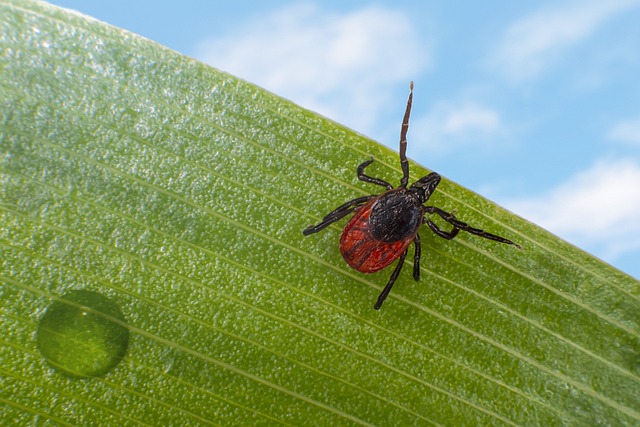
Maintaining a pest-free yard is achievable with some simple DIY practices. One of the most effective strategies to prevent mosquito and tick infestations is to eliminate standing water around your property. Mosquitoes breed in stagnant water, so regularly emptying water from flower pots, bird baths, and any other containers is crucial. Additionally, keeping your lawn mowed and trimming overgrown vegetation reduces hiding spots for pests.
For added protection, consider planting herbs like citronella and lavender, known to repel mosquitoes naturally. Creating a diverse garden ecosystem with native plants can also attract beneficial insects that feed on pests. Regularly cleaning outdoor dining areas and ensuring tight-fitting trash cans further deterred unwelcome visitors. Implementing these DIY tips can significantly enhance your yard’s resilience against mosquito and tick invasions.
The Future of Mosquito and Tick Control: Innovative Technologies
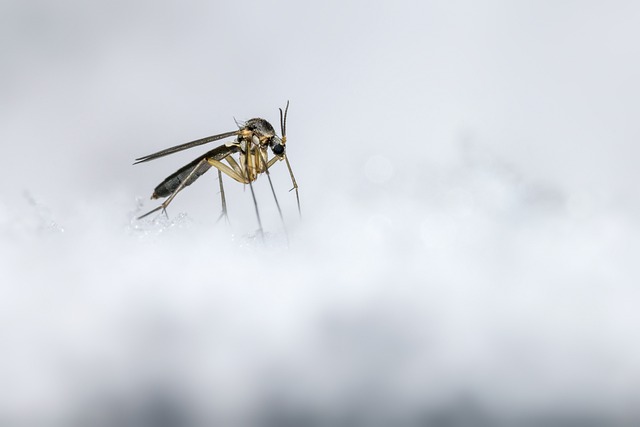
The future of mosquito and tick control is looking increasingly innovative, with advancements in technology offering new and improved solutions to manage these pests. Traditional methods have long relied on chemical treatments, but modern approaches are now taking center stage, providing safer and more eco-friendly alternatives. One such development is the integration of smart sensors and monitoring systems. These technologies can detect and track pest populations in real time, allowing for precise and targeted applications of control measures. For instance, advanced sensors can identify mosquito breeding grounds by detecting water sources and temperature variations, enabling efficient treatment strategies.
Additionally, genetic engineering and biological controls are gaining traction. Scientists are developing organisms that can specifically target mosquitoes or ticks, offering a natural means of population reduction. This includes the introduction of parasitic wasps or bacteria that infect and control pest populations without causing harm to non-target species. Such innovative mosquito and tick control methods not only enhance environmental sustainability but also contribute to a healthier and more enjoyable outdoor experience for folks living in affected areas.
